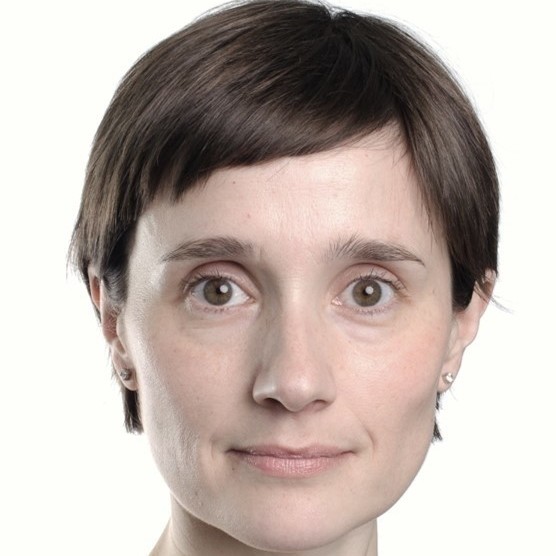
Starter Grant for Clinical Lecturers awardee
King’s College London
Emergency department attendance amongst patients with advanced dementia in England
To celebrate the 10 year anniversary of the Starter Grants for Clinical Lecturers scheme we are pleased to feature case studies of past and present Starter Grant awardees. Dr Katherine Sleeman was awarded a Starter Grant for Clinical Lecturers in 2013. Here she explains how her award enabled her to develop research independence and helped her apply for further funding. She also highlights some of the main achievements of her research career so far.
Can you give us an overview of your research interests?
I am interested in the use of routinely collected data – from clinical and administrative systems – to understand and improve end of life care, particularly for people dying with dementia. Over the past decade there has been a very strong policy focus on dying out of hospital as a marker of the quality of end of life care. We, and others, have shown that hospital deaths have fallen over this period, possibly as a result of these policies. But the place of death only tells us about where patients are cared for during their last moments of life, and nothing about the care that they receive in their last weeks and months. Transitions between care settings in the last months of life have been suggested as a better measure of the quality of end of life care. However, very little is known about the frequency with which people make these transitions, or the factors that might help us prevent them.
What was the impact of your Starter Grant?
The aim of my Starter Grant was to investigate Emergency Department attendance among people with dementia in the last year of life. I used data from the South London and Maudsley (SLAM) Biomedical Research Centre, linked to a system called CRIS (Clinical Record Interactive Search) which allows data linkage and deidentification. We identified a cohort of people who had a clinical diagnosis of dementia and who died, and linked to Hospital Episodes Statistics to understand the pattern of Emergency Department visits before death. We found that Emergency Department visits are common among people with dementia, that they increase exponentially in the months before death and, in contrast to our previous data showing hospital deaths have fallen in recent years, we found that Emergency Department visits are going up over time. This data suggested that policy makers must pay attention to a broad range of indicators of poor end of life care, in addition to the place of death.
My Starter Grant was key in enabling my successful application for a Clinician Scientist Fellowship. It’s very valuable to have grants that provide small pots of money, like the Starter Grants. They enable Clinical Lecturers to develop towards independence and even provide grant management knowledge, which I’d not experienced before. It was invaluable.
What’s next for you and your research?
I am working with new linked datasets to investigate patterns of care before death, in particular trying to understand the impact of primary care, and social care, on end of life transitions.
Research highlights
- NIHR Clinician Scientist Fellowship in 2016
- Funding from Royal Marsden Partners to explore the impact of primary care and social care on end of life transitions using a novel linked dataset (2018)
- Funding from Alzheimer’s Society for a PhD Fellowship to explore Emergency Department attendance among people with advanced dementia (2018)
- Influence on policy – measurement of emergency attendance in the last months of life is now included on the CCG Improvement and Assessment Framework